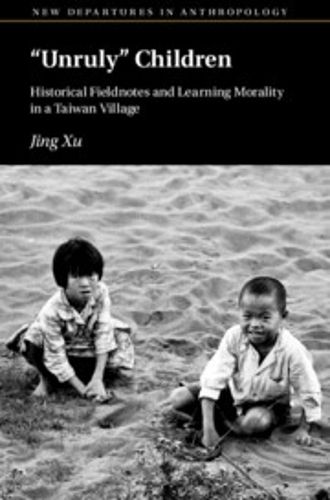Readings Newsletter
Become a Readings Member to make your shopping experience even easier.
Sign in or sign up for free!
You’re not far away from qualifying for FREE standard shipping within Australia
You’ve qualified for FREE standard shipping within Australia
The cart is loading…






How do we become moral persons? What about children's active learning in contrast to parenting? What can children teach us about knowledge-making more broadly? Answer these questions by delving into the groundbreaking ethnographic fieldwork conducted by anthropologists Arthur and Margery Wolf in a martial law era Taiwanese village (1958-60), marking the first-ever study of ethnic Han children. Jing Xu skillfully reinterprets the Wolfs' extensive fieldnotes, employing a unique blend of humanistic interpretation, natural language processing, and machine-learning techniques. Through a lens of social cognition, this book unravels the complexities of children's moral growth, exposing instances of disobedience, negotiation, and peer dynamics. Writing through and about fieldnotes, the author connects the two themes, learning morality and making ethnography, in light of social cognition, and invites all of us to take children seriously. This book is ideal for graduate and undergraduate students of anthropology and educational studies.
$9.00 standard shipping within Australia
FREE standard shipping within Australia for orders over $100.00
Express & International shipping calculated at checkout
How do we become moral persons? What about children's active learning in contrast to parenting? What can children teach us about knowledge-making more broadly? Answer these questions by delving into the groundbreaking ethnographic fieldwork conducted by anthropologists Arthur and Margery Wolf in a martial law era Taiwanese village (1958-60), marking the first-ever study of ethnic Han children. Jing Xu skillfully reinterprets the Wolfs' extensive fieldnotes, employing a unique blend of humanistic interpretation, natural language processing, and machine-learning techniques. Through a lens of social cognition, this book unravels the complexities of children's moral growth, exposing instances of disobedience, negotiation, and peer dynamics. Writing through and about fieldnotes, the author connects the two themes, learning morality and making ethnography, in light of social cognition, and invites all of us to take children seriously. This book is ideal for graduate and undergraduate students of anthropology and educational studies.